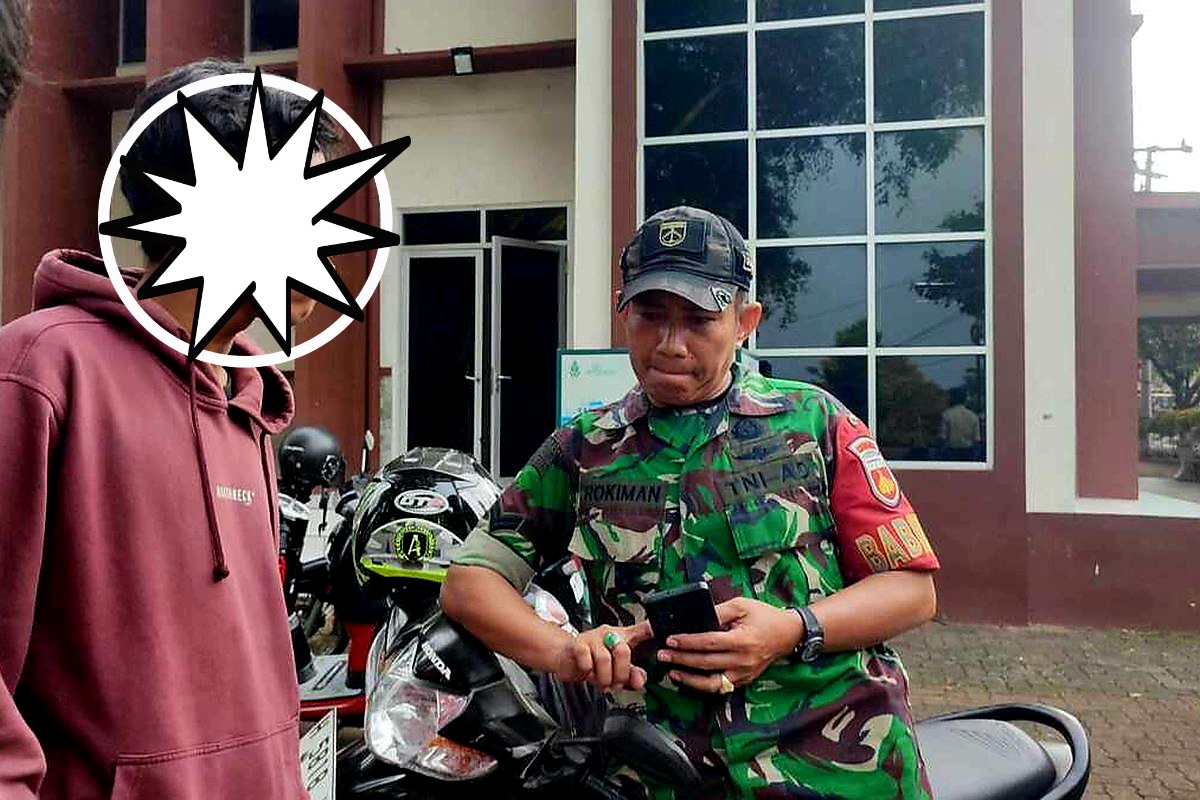Campus Not a Military Zone: Military Interference in Student Forum Sparks Condemns
CENTRAL JAVA, RAKYAT NEWS – Amnesty International Indonesia has strongly condemned the presence of Indonesian National Armed Forces (TNI) personnel at a student discussion at Walisongo State Islamic University (UIN Walisongo), labeling it as an act of intimidation and a violation of basic civil liberties, 16 April 2025
The student event, held on Monday, 14 April, was organized by the Walisongo Student Study Group (KSMW) and the Forum for Social Theory and Praxis (FTPS).
The discussion, titled “Fascism Threatens the Campus: The Shadow of Militarism on Academic Freedom,” took place on the grounds of Campus 3, near Auditorium 2.
Students reported that the event had just begun when an unidentified man dressed in black appeared at the location and refused to identify himself despite repeated requests. Shortly after, he left the scene. Suspicion arose among students that he might be an intelligence agent.
Campus security then arrived and requested that some students meet with someone waiting nearby. That individual was later confirmed to be a member of the TNI, who began asking students about their identities, the topic of the discussion, and the participants involved. When asked in return about his purpose, the TNI officer reportedly gave no explanation and simply smiled.
One student said he was asked to provide personal details such as his name, home address, and academic semester. Students also claimed that military personnel had been seen patrolling the campus area before the event began. The TNI officer was later seen riding a motorcycle with the same unidentified man dressed in black.
Usman Hamid, Executive Director of Amnesty International Indonesia, responded by calling the incident a “serious violation” of the rights to free expression, peaceful assembly, and association. He emphasized that campuses should remain neutral spaces, free from state interference—especially from military forces.
“TNI as an institution must investigate the actions of its personnel to prevent similar incidents in the future,” said Usman. “This behavior clearly constitutes intimidation and is not part of the TNI’s constitutional role to protect national defense. Academic discussions are not threats to national sovereignty.”
Amnesty also raised concerns about increased militarization in public spaces, particularly following the recent revisions to the TNI Law passed on 20 March. The organization warned that such actions threaten academic freedom and turn universities into spaces of fear and surveillance.
In response, the Head of Public Relations for the Diponegoro Military Command confirmed that the officer involved was from the Ngaliyan District Military Command. However, they denied any intervention, stating the officer was merely conducting routine territorial monitoring as a Babinsa (village supervisory officer). They also clarified that the unidentified man in black was not affiliated with the TNI. (Uki Ruknuddin)


Tinggalkan Balasan Batalkan balasan